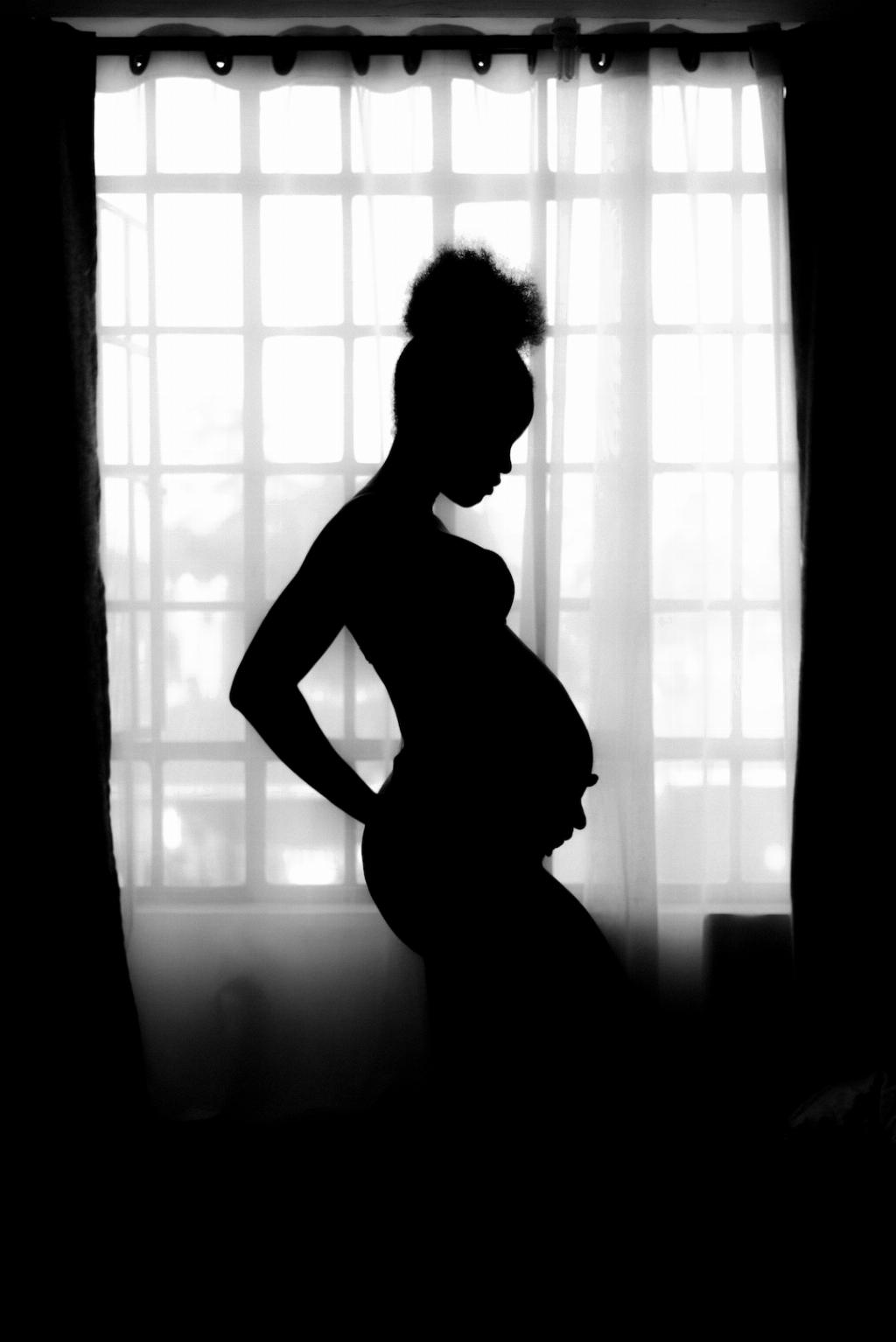Shingles, caused by the varicella-zoster virus, can be a concerning condition to face at any time, but especially when pregnant. The good news is that shingles during pregnancy typically does not pose significant risks to the baby. However, there are important precautions to keep in mind if you find yourself exposed to shingles while expecting.
Risks and Complications
While the risks to the baby are low, the primary concern when exposed to shingles during pregnancy is the potential impact on the mother’s health. Symptoms of shingles, including a painful rash and flu-like symptoms, can be particularly challenging to manage during pregnancy due to the limited treatment options available.
Timing Matters
If you develop shingles close to your due date or shortly after giving birth, it’s crucial to take steps to prevent the virus from affecting your newborn. Direct contact with the shingles rash should be avoided, and strict hygiene practices, such as covering the rash and frequent hand-washing, are essential to protect the baby.
Medical Guidance
If you suspect that you may have been exposed to shingles during pregnancy or if you develop symptoms of the condition, seeking medical advice is recommended. Your healthcare provider can assess your situation, provide guidance on managing symptoms, and ensure that any necessary precautions are taken to safeguard both you and your baby.
Managing Symptoms
Dealing with shingles can be uncomfortable and distressing, particularly during pregnancy. While antiviral medications may be prescribed in some cases, certain medications commonly used to treat shingles may not be suitable during pregnancy. It’s essential to consult with a healthcare professional to explore safe and effective symptom management strategies.
Emotional Support
Coping with a health concern like shingles during pregnancy can be emotionally challenging. It’s normal to feel anxious, worried, or overwhelmed, especially when considering the well-being of your unborn child. Seeking emotional support from loved ones or a healthcare provider can help you navigate these concerns.
Preventive Measures
While it’s not always possible to prevent exposure to shingles, taking steps to maintain overall health and well-being during pregnancy can support your immune system and potentially reduce the risk of developing the condition. Prioritizing good nutrition, adequate rest, and stress management may contribute to a healthier pregnancy.
Postpartum Considerations
If you develop shingles shortly after giving birth, it’s crucial to communicate with your healthcare provider about your condition. They can offer guidance on caring for yourself and your newborn while managing the symptoms of shingles. Open communication and timely medical intervention are key.
Protecting Your Newborn
While the risks to the baby from maternal shingles exposure are minimal, taking precautions to prevent direct contact between the newborn and the shingles rash is crucial. Simple measures such as covering the rash, washing hands frequently, and avoiding close contact near the affected area can help safeguard your baby’s health.
Long-Term Effects
For most women who experience shingles during pregnancy, the condition resolves without serious long-term effects. However, ongoing monitoring by healthcare providers may be necessary to ensure that any residual symptoms are addressed promptly and effectively. Regular follow-up care is essential for optimal recovery.
Support Network
During challenging times such as managing shingles during pregnancy, having a strong support network is invaluable. From partners and family members to healthcare professionals and support groups, leaning on others for assistance, advice, and encouragement can lighten the burden and provide much-needed reassurance.
Final Thoughts
Experiencing shingles while pregnant can be a stressful situation, but with the right medical guidance, support, and precautions, the risks can be effectively managed. Prioritizing self-care, seeking prompt medical attention, and staying informed about the condition are essential steps to safeguarding both maternal and fetal health during this challenging time.

